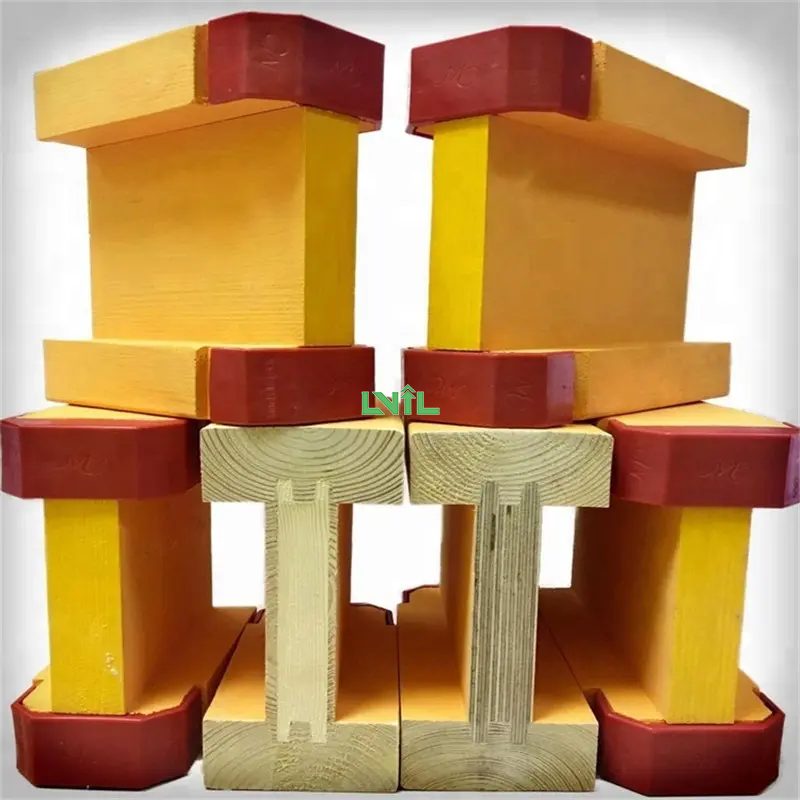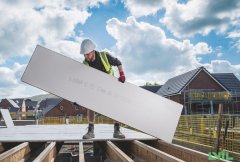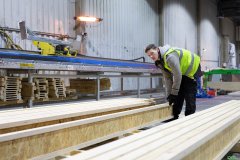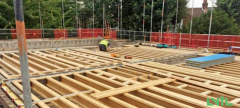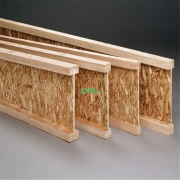I-Joist is a structurally engineered timber joist, combining high-grade softwood with an engineered composite panel. Using advanced technology these components are combined to produce an innovative alternative to conventional construction....
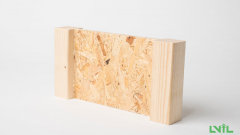
Overview
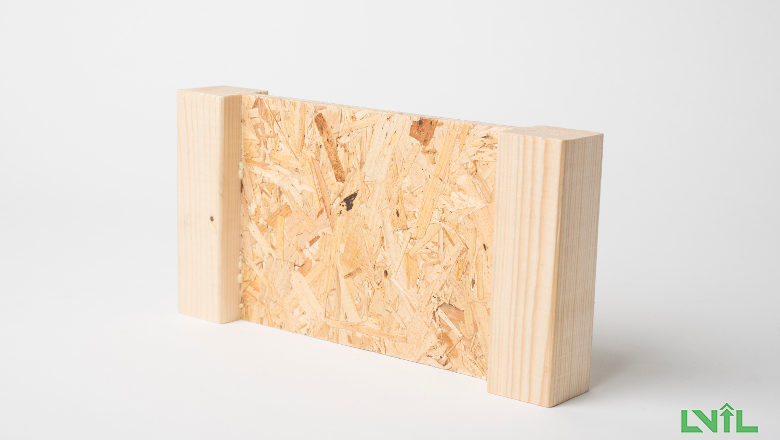 Shandong Unique International Trade Co.,Ltd
Shandong Unique International Trade Co.,Ltd
I-Joist is a structurally engineered timber joist, combining high-grade softwood with an engineered composite panel. Using advanced technology these components are combined to produce an innovative alternative to conventional construction.
Geographic Availability Copyright © Shandong Unique International Trade Co.,Ltd All Rights Reserved.
Europe https://www.lvijoist.com/
Origin / Location Of Manufacturing / Processing Plant
Unique
Forres, Scotland Shandong Unique International Trade Co.,Ltd
Application And Typical Uses Of The Product
www.lvijoist.com
Typical applications for timber I-joists are in floors, roof framing (rafters and purlins), wall framing (studs) and whole structural portal frames and roofs including flat and pitched Powered by Shandong Unique International Trade Co.,Ltd
Breakdown Of Product
100% timber (softwood flanges with OSB connector) Copyright © Shandong Unique International Trade Co.,Ltd All Rights Reserved.
Embodied Energy (Processing Plant Emissions). How Much Energy Is Used To Produce The Product? KWh Per Annum Or KgCO2 Powered by Shandong Unique International Trade Co.,Ltd
9.645 MJ/kg (cradle to gate)
www.lvijoist.com
Thermal Conductivity (K) W/M°C Or Thermal Transmittance (U-Value) - W/M2°C (If Applicable) Powered by Shandong Unique International Trade Co.,Ltd
0.13 W/mC
Is The Resource Renewable Or Finite? Shandong Unique International Trade Co.,Ltd
renewable Unique
Does The Material Need To Be Processed Further Or Treated By The User Powered by Shandong Unique International Trade Co.,Ltd
No
Buildability - How Complex Is Installation? What Skill Level Is Required? Copyright © Shandong Unique International Trade Co.,Ltd All Rights Reserved.
JJI-Joists can be installed and cut using a number of standard tools, fixings and metalwork connectors on-site. Once installed, if the structure will not be weather tight for a prolonged period of time, the JJI-Joists should be protected from the weather to avoid excessive changes in moisture content, and associated dimensional changes
Types, Textures, Specifications And Colours Currently Available
Joists come in a wide range of sizes. Flanges range from 47mm - 97mm and depth ranges from 195mm - 450mm


